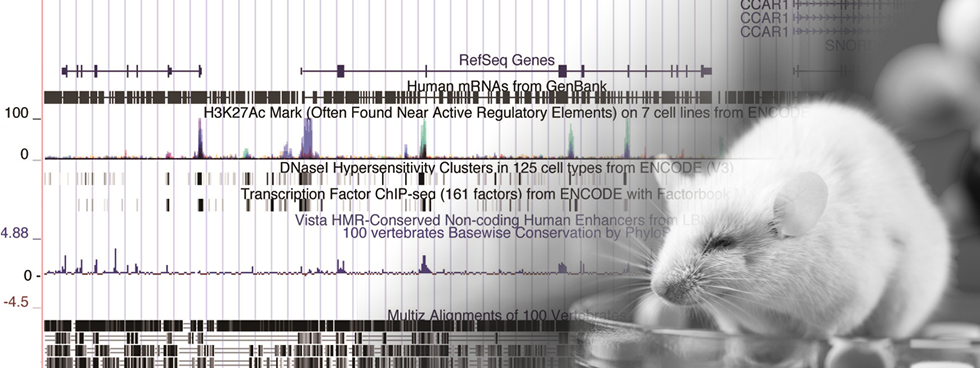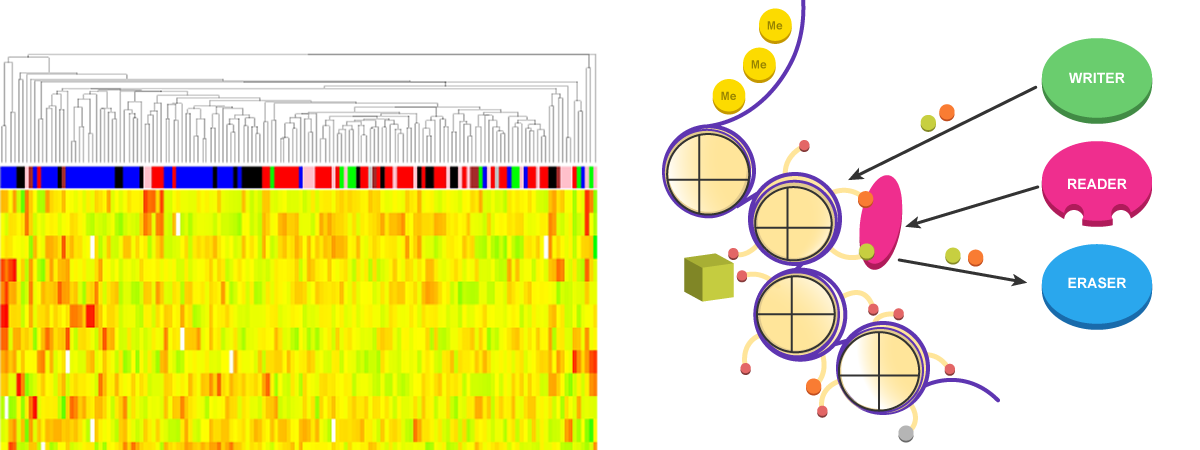Welcome to our lab home page
Our bodies have a variety of systems to eliminate foreign cells, organisms, and agents such as cancer cells, viruses, and bacteria. If so, how do cancer cells escape from cancer surveillance mechanisms, adapt to the microenvironment, and ensure their survival for continuous proliferation? My lab has been focused on the mechanistic understandings of how cancer cells acquire and maintain their unique biological properties with special emphasis on epigenetics. We aim to identify the regulatory mechanisms involved in multistep tumorigenesis, which will potentiate the development of novel targets for treatment, diagnosis and prevention of cancers.
Information (SCROLL)
- 2024.09.18 Publications page has been updated (Vgll2 as an integrative regulator of mitochondrial function and contractility specific to skeletal muscle)
- 2024.06.03 Publications page has been updated (SARM1 regulates pro-inflammatory cytokine expression in human monocytes by NADase-dependent and -independent mechanisms)
- 2024.03.18 Celebrating Suman's PhD Graduation
- 2024.02.02 Publications page has been updated (Deoxycytidine Kinase Inactivation Enhances Gemcitabine Resistance and Sensitizes Mitochondrial Metabolism Interference in Pancreatic Cancer)
- 2024.01.11 Publications page has been updated (SARM1 regulates NAD+-linked metabolism and select immune genes in macrophages)
- 2023.12.21 Suman's Thesis Defense Successfully Conducted
- 2023.05.17 An Assistant Professor position (non-tenured) is available in Dept. of Biochemistry, Kindai University Faculty of Medicine
- 2023.05.02 A MEXT Scholarship student, Suman (Dash)'s paper has been selected for Highlights in the May issue of Molecular Cancer Research
- 2023.04.06 A new member, Sugisawa-san, has joined our department.
- 2023.02.08 Publications page has been updated (MYC/glutamine dependency is a therapeutic vulnerability in pancreatic cancer with deoxycytidine kinase inactivation-induced gemcitabine resistance)
- 2021.08.26 Publications page has been updated (KDM4B promotes acute myeloid leukemia associated with AML-ETO by regulating chromatin accessibility)
- 2021.05.09 Publications page has been updated (Tim-3 adaptor protein Bat3 is a molecular checkpoint of T cell terminal differentiation and exhaustion)
- 2021.02.02 Publications page has been updated (The KDM4B-CCAR-MED1 axis is a critical regulator of osteoblast differentiation and bone homeostasis)
- 2020.07.01 Publications page has been updated.
- 2020.04.23 Publications page has been updated.
- 2019.10.10 Publications page has been updated.
- 2019.07.12 Publications page has been updated.
- 2019.04.03 A new member, Masahiko, has joined our department.
- 2018.10.11 Seminar on Oct 11, 2018
- 2018.08.16 An Assistant Professor position (non-tenured) is available in Dept. of Biochemistry, Kindai University Faculty of Medicine (Closed. Thank you for your application)
- 2018.07.10 Publications page has been updated.
- 2017.11.20 Publications page has been updated.
- 2017.10.19 A new member, Hisayuki, has joined our department.
- 2017.04.26 Seminar on Apr 25, 2017
- 2017.02.09 Seminar on Feb 9, 2017
- 2017.02.03 Seminar on Feb 2, 2017
- 2017.01.26 Seminar on Jan 26, 2017
- 2017.01.19 Seminar on Jan 19, 2017
- 2016.12.20 An Assistant Professor position (non-tenured) is available in Dept. of Biochemistry, Kindai University Faculty of Medicine (Closed. Thank you for your application.)
- 2016.12.06 The Lectureship of the Princess Takamatsu Cancer Research Fund in 2016 (our guest speaker: Dr. Tak W. Mak)
- 2016.11.21 We published a website
Cancer research
In Japan, one in two people will develop cancers, and one in four people will die of these malignant diseases. Because of the expansion of the aging population, cancer incidence and mortality are expected to increase further. Thus, further understanding of cancer biology and applying our knowledge to improve early diagnosis and treatment efficacy is becoming increasingly critical. In spite of significant progress in medical science……
Epigenetics
Epigenetics refers “stably heritable phenotype resulting from changes in a chromosome without alterations in the DNA sequence” (formulated at Cold Spring Harbor meeting in 2008). The regulatory mechanisms include the modifications of DNA binding proteins (e.g. histones), DNA, RNA and noncoding RNAs……





